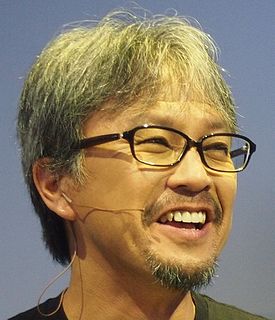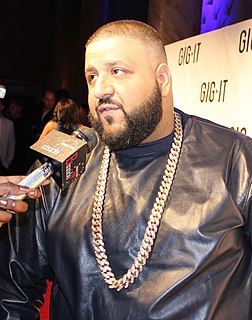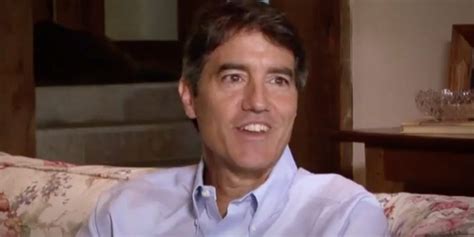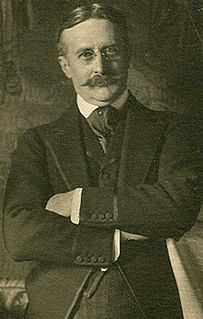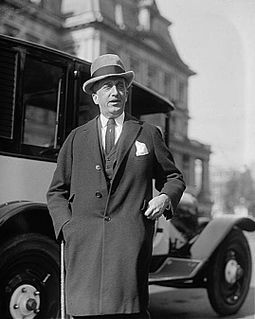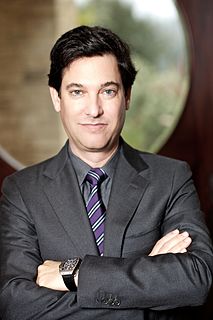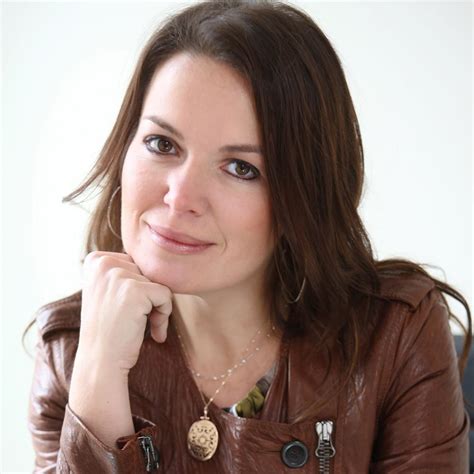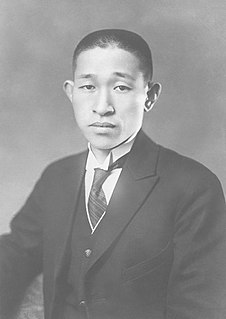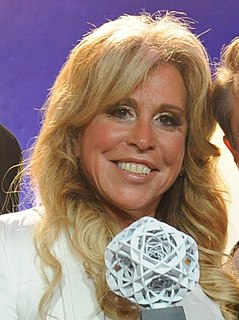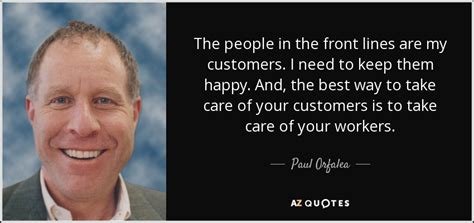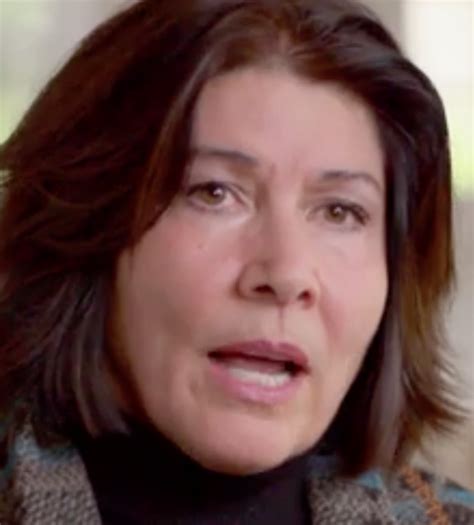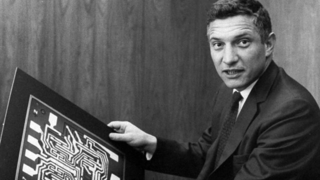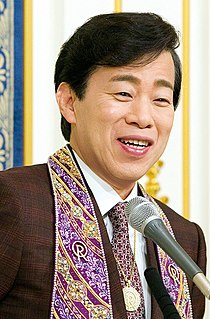A Quote by John Elliott
There are a lot of problems involved in comparative history. You never know if you're getting the comparisons weighted rightly, you're bound to dominate one literature better than another. But I do see it as one of the ways forward for the future. I think it is a very important approach.
Related Quotes
My own belief is that rather than getting involved in trying to change the reality of social-political things, creators can be involved in and express in different ways and be meaningful in different ways, so for me, it's important to leave messages to people of the future and to be engaged with the people now.
I think a lot of women who are celebrities and who are very beautiful have terrible problems with their men being very controlling. Women allow themselves to be dominated and controlled by men in all sorts of other ways that are very complicated, you know? I don't really see a lot of women engaging in discussions about the struggles and power relations with men and their lives, like their bosses, boyfriends, husbands, coworkers. I don't see that happening very often, whereas I see a lot of misogyny on the internet. I see a lot of hatred towards women and a lot of fear of women.
In Britain, journalists often view comparisons with our society going back two, three, or seven centuries as more relevant than comparisons going back two, three, or seven decades. Drunkenness centuries ago is more illuminating than comparative sobriety 30 years ago. The distant past, selectively mined for evidence that justifies our current conduct, becomes more important than living memory.
In the history and literature courses I took, epistemological questions came to interest me most. What makes one explanation of the French Revolution better than another? What makes one interpretation of "Waiting for Godot" better than another? These questions led me to philosophy and then to philosophy of science.
We encountered an awful lot of problems from the drastic leap we took with Wind Waker. I think we will be a bit more careful in the future, but if we find a new approach that not just the developers, but also the users would enjoy then I think we will want to break new ground again. But we haven’t found such an approach yet.
There's no doubt that I'm a better president now than when I first took office. This is not a job where there's a manual, and over time you get a better sense of what's important, what's not, how to see around corners and anticipate problems, as opposed to just managing problems once they've arrived.
When I inspire myself, I want to spread the word because its important to be healthy. I don't think they're teaching us enough about that. I think we should eat better and exercise. Look who's saying that - a guy who was 300 pounds - but I'm doing a lot better than I used to. I'm letting people know its important because it makes you feel better.
Part of my methodological approach is made explicit when I discuss ways in which literature can have philosophical significance. Literature doesn't typically argue - and when it does, it's deadly dull. But literature can supply the frame within which we come to observe and reason, or it can change our frame in highly significant ways. That's one of the achievements I'd claim for Mann, and for Death in Venice.











